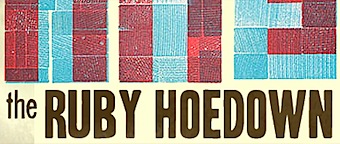
Pool Party is a new tool by Ari Lerner (of ProcessorPool fame) that makes it easy to automate the deployment, monitoring (using monit), persistent storage (using S3Fuse), and load balancing (using HAProxy) of EC2 instances. While intended to be application agnostic, there’s naturally a major slant towards Ruby applications in general, with support for Rake tasks a core feature.
Ari’s announcement blog post gives more in-depth details. Development is taking place on Github (where the README is somewhat more readable than with RDoc!) along with discussions at a Google group.
Ari presented PoolParty at RailsConf last week, and his slides are available to view below (or at Scribd):


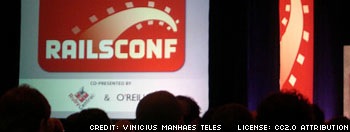

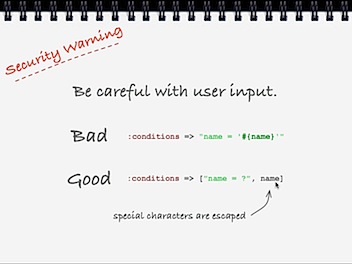


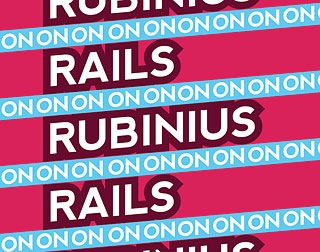
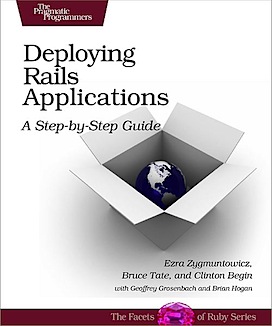
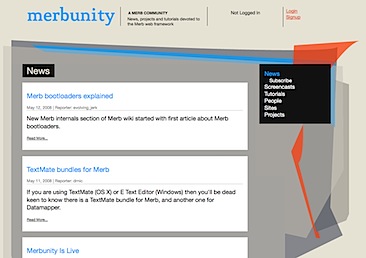
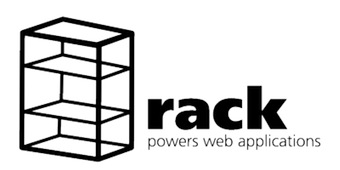 Most Ruby developers should be familiar with
Most Ruby developers should be familiar with 